Some comments from Monday and my reference to Chabon's salute to Raymond Chandler started me thinking about the plotting in crime fiction. I took a few critical reviews last year when I tackled The Black Diamond Detective Agency. Some reviewers at the time thought it too hard to follow to be an enjoyable read. Which is certainly what I intended, or at least the first part of that equation. Any crime mystery that can be easily grasped is not worth the trouble of reading. A good mystery story requires some detective work from the reader, going backwards and forwards to make sense of it, even after you've finished the book. I changed the identity of the villain, and consequently the motive, to try to put some complexity into it. But like the subjects of Monday's post, the 'plot' is a received thing, passed down through a long line of other stories before landing in this one. I figured my piece could at best be 'a story about another story' and gave it my best shot.
I sat through one of the recent productions of Miss Marple with Geraldine McEwan in the title role. Even with the assorted controversial additions and alterations, and with the best will in the world, I can't help but see the whole thing as a tiresome exercise in the antique. I can get less excited about it than can the sad old clock that has appeared every night in The Mousetrap since that play opened in 1952. There's something that ought to disturb us about turning the tragic human mess of a murder into a parlour guessing game, as Alan Moore has said often in reference to his approach to From Hell. He supplanted that with his own insane recreation 'The Dance of the Gull catchers,' in which he debunked all of the theories including his own, and I was pleased to illustrate it. The movie turned it back into, if not a parlour game, a back alley round of pitch and toss.
In the whodunnit the solution is so often a pin that lets the air out of the balloon, dispersing forever anything that was there in the first place. I watched The Black Dahlia on dvd. It has a deceitful narrative logic justifying a catalogue of grotesque improbabilities. The final one is the detective executing the villainess in the motel room. But then this is De Palma we're talking about, who twisted the Untouchables into a tortured shape and God knows what he was thinking about with Scarface. Spillane's Mike Hammer at the end of Kiss me Deadly sets the villainess on fire, but then she was in the middle of killing him. I check wikipedia. sure enough, in Ellroy's Dahlia the detective more logically just arrests her. It's the movies, you see. They have to crank up the action a couple more notches and logic be damned. Neither did Spillane like the movie version of his own Kiss me Deadly, which upped the ante by throwing a radioacive isotope into the plot: Bezzerides wrote of the script: "I wrote it fast because I had contempt for it ... I tell you Spillane didn't like what I did with his book. I ran into him at a restaurant and, boy, he didn't like me"
In the extended series of character driven whodunnits like those tv sleuths Cracker or McCallum, their family and acquiantances are in turn used as plot springboards and victims until the hero sinks in a hopeless swamp of dirty secrets and raw vulnerabilities. I've never affected the necessary degreee of cynicism to stick with these for long. If I have nothing on my mind and I find myself at the tv flicking through the channels, I can maybe sit through the workaday investigations of CSI, though it would never occur to me to make a point of watching it..
I was once fond the great first era of the hardboiled crime writing, with its helter skelter style. The recent Pulp Fiction 'The Crimefighters' anthology which I reviewed here had a fine story by Chandler, the touching ending of which has stayed in my mind for months. After retrieving the necklace that was the subject of the piece, Marlowe has a copy made to give back to his client to save her feelings if she should find out the thing her late husband gave her was in fact bogus. "You were right," she said, "They are not my pearls." And the story ends with him throwing the pearls of the 'original fake' into the sea from a forlorn rock. "They made little splashes and the seagulls rose off the water and swooped at the splashes."
For a minute or two there was a dark and unfathomable poetry in the genre.
Labels: crime
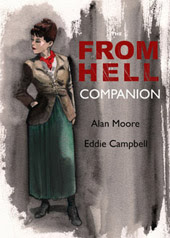
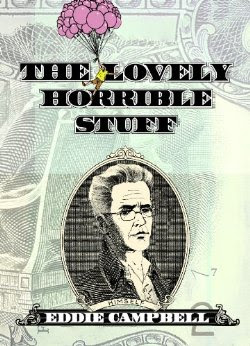

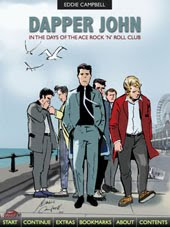
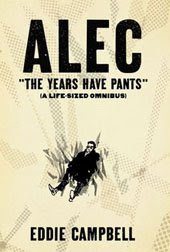
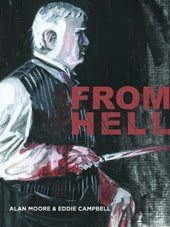

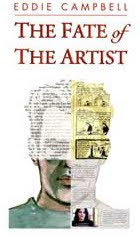
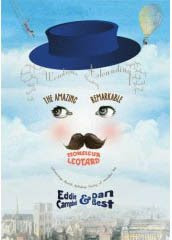
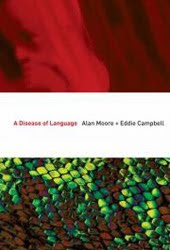
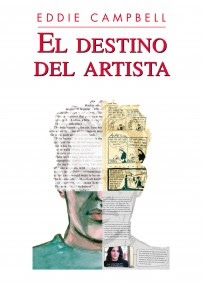
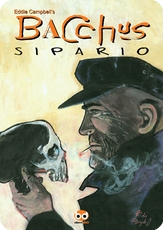
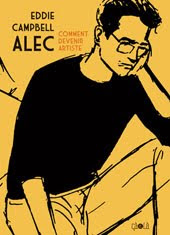

7 Comments:
The film version of KISS ME DEADLY remains one of my favorite movies.
If I had anything critical at all to say about BLACK DIAMOND DETECTIVE AGENCY it would be that I found the plot too simple.
Ha!
Good for you, James.
Eddie
"But then this is De Palma we're talking about, who twisted the Untouchables into a tortured shape and God knows what he was thinking about with Scarface."
"Phantom Of The Paradise" was great, though.
I must admit a weakness for a well done police procedural story (I guess that makes me a cliche as women are said to be the main consumers of crime fiction/TV shows.)
Your comments on murder being reduced to being a guessing game couldn't help but make me think of this article I read recently - Dangerous Minds which questions that staple of modern crime stories, the forensic profiler.
Tonia
Have you seen Soderberg's "Bubble?" It's the story of a murder in a small town.
It was shot on digital video using non-professional actors who improvised their dialogue. When the police investigate the crime, it's the actual detective from the town's police force doing the investigation and interrogations the way he really would.
In the whodunnit the solution is so often a pin that lets the air out of the balloon, dispersing forever anything that was there in the first place...
A propos of this, I am moved to plug this brief review by Borges of a (now forgotten) mystery novel which I just posted on my blog. I called it possibly the greatest review of all time; see if you agree...
De Palma makes my head hurt - I'm surprised you made it through Black Dahlia, I turned the damn thing off when it got to the Lady in the Lake POV malarkey, er,homage.
I think the conditions of the modern whodunit film are hamstrung or second-guessed by folks who think audiences will feel ripped off if there wasn't a clever and graphically brutal twist at the end that no one saw coming - and in order to make sure no one sees it coming, it has to be patently improbable....
Post a Comment
Subscribe to Post Comments [Atom]
<< Home